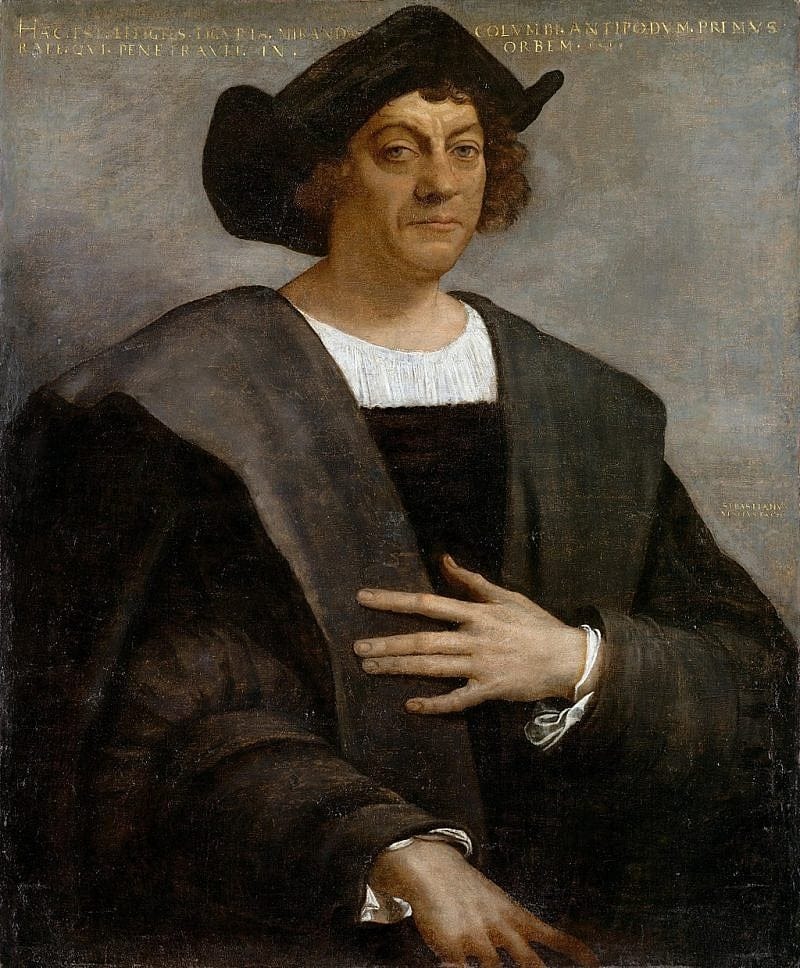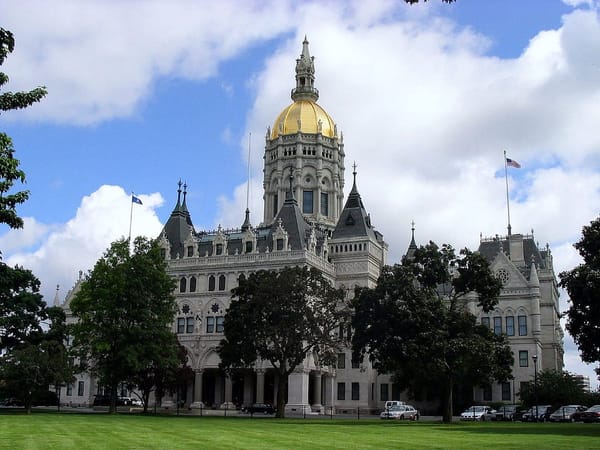L.A. Junks Columbus Day

Goodbye Columbus Day, hello Indigenous Peoples' Day.
The Los Angeles City Council voted 14-1 on Wednesday to rename the state and federal holiday on the second Monday in October. Los Angeles joins several other cities in the United States to make the switch, including Cambridge, Massachusetts, which renamed the holiday in 2016.

